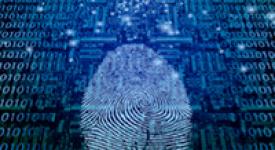Shacham Receives NSF Grant for Cybersecurity Research

11/10/2021 - The National Science Foundation (NSF) has announced four new flagship funding awards through the Secure and Trustworthy Cyberspace (SaTC) program, including for a project focused on securing web browser operations led by Hovav Shacham, professor of computer science at the University of Texas at Austin.





